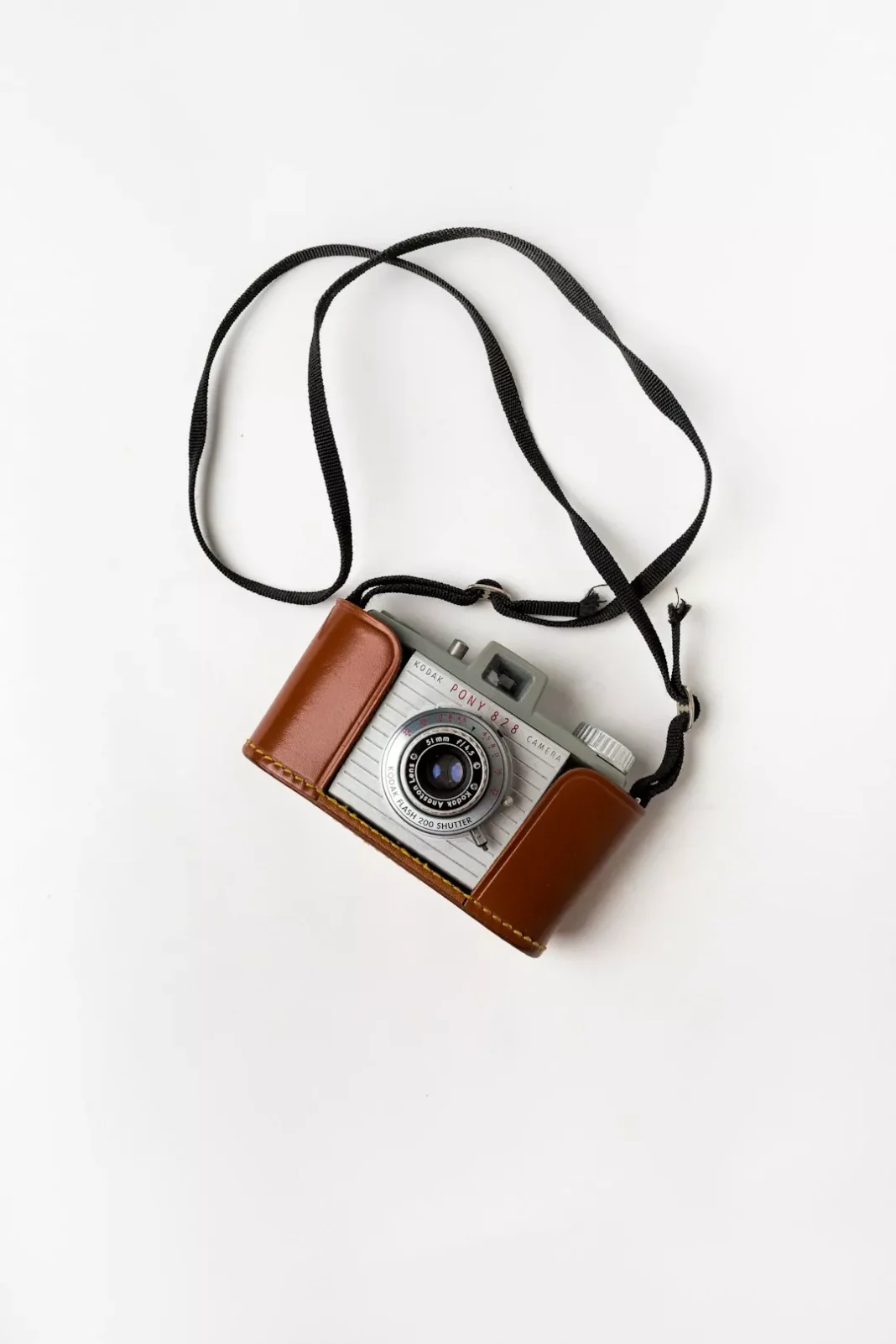In the small town of Reggio Calabria, located in the southern region of Italy, sits a cultural gem that is making a big impact in the fight against organized crime – the Museo de la ‘ndrangheta. This museum, dedicated to showcasing the rich history and traditions of the Calabrian mafia, is the brainchild of claudio La camera, an anthropologist and director of theatre.
At first glance, the idea of a museum dedicated to a criminal organization may seem controversial or even glorifying. However, a visit to the Museo de la ‘ndrangheta quickly dispels any such notions. La camera’s vision for the museum was to create a space that not only educates visitors about the roots and evolution of the ‘ndrangheta, but also serves as a platform for promoting anti-mafia culture and values.
One of the ways in which the museum achieves this goal is through its extensive collection of artifacts and documents related to the ‘ndrangheta. From weapons and counterfeit money to intercepted phone conversations and court documents, the museum presents a comprehensive timeline of the mafia’s activities and its impact on society. However, what sets the Museo de la ‘ndrangheta apart from other mafia museums is its focus on the societal and cultural aspects of the organization.
La camera, along with a team of historians, sociologists, and criminologists, has crafted an immersive experience that highlights the cultural roots of the ‘ndrangheta and its influence on the Calabrian society. Visitors can learn about the ‘ndrangheta’s initiation rituals, codes of honor, and hierarchical structure. They can also explore the role of women in the mafia, as well as the relationship between the ‘ndrangheta and other criminal organizations.
One of the most fascinating aspects of the museum is the section dedicated to the ‘ndrangheta’s use of false invoices, or “fatture false”, to launder money. This exhibit, curated by La camera himself, showcases the intricate and elaborate techniques used by the mafia to hide their illegal activities. From fake businesses to forged documents, visitors can get a glimpse into the sophisticated methods employed by the ‘ndrangheta to perpetuate their criminal empire.
But the Museo de la ‘ndrangheta is not just a display of artifacts and information. It also serves as a hub for promoting anti-mafia culture. The museum hosts events, such as anti-mafia conferences, film screenings, and theatrical performances, to engage visitors and raise awareness about the negative impact of organized crime. La camera, who is also a renowned director of theatre, has used his talents to create thought-provoking plays that shed light on the realities of the mafia and the importance of standing up against it.
The success of the Museo de la ‘ndrangheta can be measured not only by the thousands of visitors it receives each year, but also by the positive impact it has had on the community. The museum’s educational programs have reached over 80 schools in the region, educating students about the dangers of organized crime and empowering them to make positive choices. In addition, the museum has also helped to revitalize the historical center of Reggio Calabria, attracting tourists and boosting the local economy.
In a country where the mafia has long been romanticized and glamorized, the Museo de la ‘ndrangheta stands as a symbol of hope and resistance. Through its dedication to promoting anti-mafia culture, claudio La camera and his team have created a powerful tool in the fight against organized crime. Their passion and determination to bring about positive change in their community is truly inspiring.
So, if you ever find yourself in Reggio Calabria, make sure to visit the Museo de la ‘ndrangheta. Not only will you gain a deeper understanding of the ‘ndrangheta, but you will also be supporting a worthy cause and contributing to a brighter and more informed future. As claudio La camera himself says, “Knowledge is the key to combatting the mafia. And culture is the antidote to the mafia’s poison.”
Trending Now

